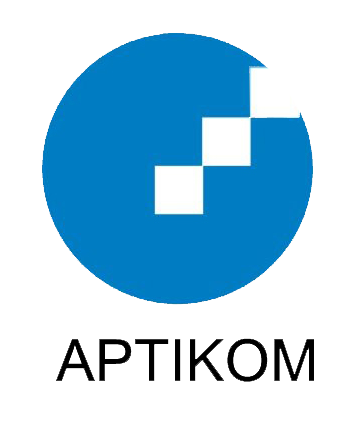Strategy to Use Local Government’s Facebook Page to Improve Public Services
Abstract
The population of internet users in Indonesia increase continuously form year to year along with the development of information technology infrastructure in Indonesia. This underlies the management of social media in the government agencies. The government sector could communicated with the citizens through social media such as Facebook as a form of direct communication to disseminate information for the citizens. Through current government social media accounts, it could be seen that the posting of official government Facebook account were still rare. Based on existing studies, it has not yet been reviewed the relationship of post and comment categorization on Facebook to improve the government's Facebook management strategy and public service improvement strategy. Therefore, this study was conducted so that the results could help the local government to maximize the management of Facebook accounts to be right on target, provide trustful information, and get a good response from the citizens. There were 30 Local Government Facebook accounts that have been analysed, resulting number of statuses and comment ranks in last 2 months. Then performing frequency analysis on 30-often-used words which will be used as a trigger to categorize. The results of the study are in the form of strategic suggestions for local governments to improve the content of each category through Facebook. Local governments are suggested to convey information from many aspects in a balanced manner in accordance with the needs of the citizens.
Keywords– social media; categorization; strategy; local government
Downloads
References
[2]Alam, S. L. (2012). The Public Facebook : A Case of Australian Government Facebook Pages and Parties. Association for Information System AIS Electronic Library (AISeL).
[3]Baeza-Yates, R. R.-N. (1999). Modern Information Retrieval. New York: ACM Press, Addison Wasley Longman Limited.
[4]Bertot, J. C. (2010). Using ICTs to create a culture of transparency : E-government and social media as openness and anti-corruption tools for societies. Government Information Quarterly.
[5]Bertot, J. C. (2012). The impact of policies on government social media usage : Issues, challenges, and recommendations. Government Information Quarterly.
[6]Clatworthy, S. (2011). Service Innovation Through Touch-points. Development of an Innovation Toolkit for the First Stages, 5(2), 15-17.
[7]Cohen, N. (2009, June 12). Twitter on baricades : Six lessons learned. Week in Review.
[8]Drogkaris, P. G. (2012). Transforming the Greek e-government environment towards the e-Gov 2.0 era. Electronic government and the information systems perspective, 142-149.
[9]Farizi, A., & Button, E. (2011). Analisis Fitur Kalimat untuk Peringkas Teks Otomatis pada Bahasa Jawa. Indonesian Journal of Information Systems, 60-68.
[10]Grujic, I. B.-D. (2014). Collecting and Analyzing Dat afrom E-Government Facebook Pages. ICT Innovation 2014 Proceedings.
[11]Hoffmann, S. B. (2013). Whats makes local governments' online communications successful? Insight from a multi-method analysis of Facebook. . Government Information Quarterly.
[12]Kemenpora. (2014). Data dan Prestasi PPLM. Jakarta: Kementerian Pemuda dan Olahraga Republik Indonesia.
[13]Kurniasih, N. (2013). Penggunaan Media Sosial bagi Humas di Lembaga Pemerintah. Forum Kehumasan. Kota Tangerang.
[14]Lev-On, A. S. (2015). Local engagement online: Municipal Facebook pages as hubs of interaction. Government Information Quarterly (pp. 299-307). Elsevier.
[15]Monika, M. B. (2015). Facebook usage in a local government –a content analysis of page owner posts and user posts. Transforming Government: People, Process and Policy.
[16]Moro, S. V. (2016). Predicting social media performance metrics and evaluation of the impact on branding building : A data mining approach. Journal of Business Research., 69.
[17]Reddick, C. C. (2017). A social media text analysis framework for double-loop learning for citizen-centric public services : A case study of a local government Facebook use. Government Information Quarterly.
Internet :
Definition of social media. (2017, December 12).
Retrieved from https://www.merriam-webster.com/dictionary/social%20media
Copyright (c) 2019 Jurnal Sistem Informasi

This work is licensed under a Creative Commons Attribution-ShareAlike 4.0 International License.
Authors who publish with this journal agree to the following terms:
- Authors retain copyright and grant the journal right of first publication with the work simultaneously licensed under a Creative Commons Attribution License that allows others to share the work with an acknowledgement of the work's authorship and initial publication in this journal.
- Authors are able to enter into separate, additional contractual arrangements for the non-exclusive distribution of the journal's published version of the work (e.g., post it to an institutional repository or publish it in a book), with an acknowledgement of its initial publication in this journal.
- Authors are permitted and encouraged to post their work online (e.g., in institutional repositories or on their website) prior to and during the submission process, as it can lead to productive exchanges, as well as earlier and greater citation of published work (See The Effect of Open Access).








